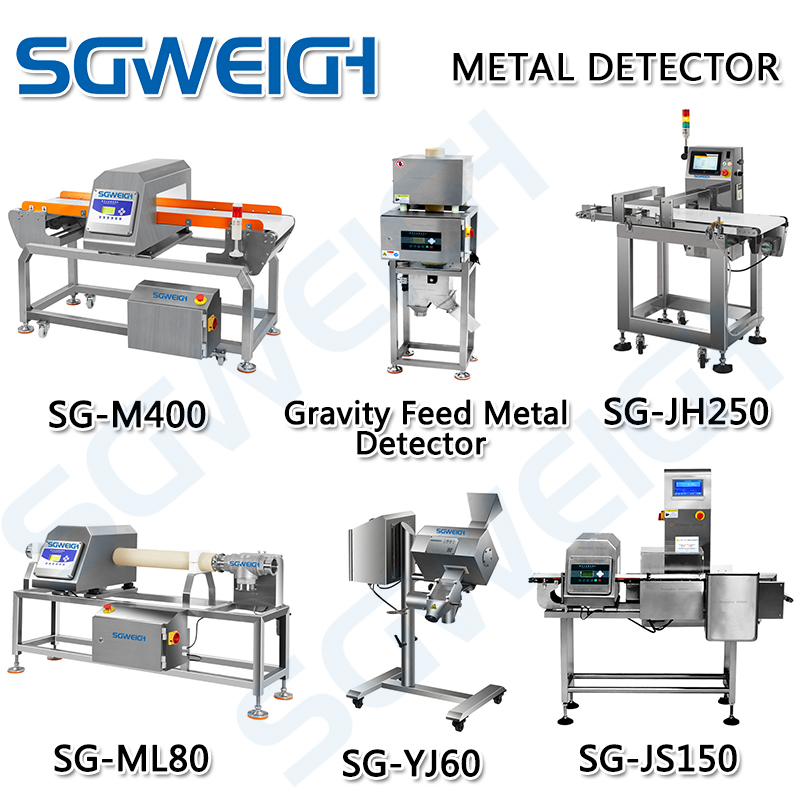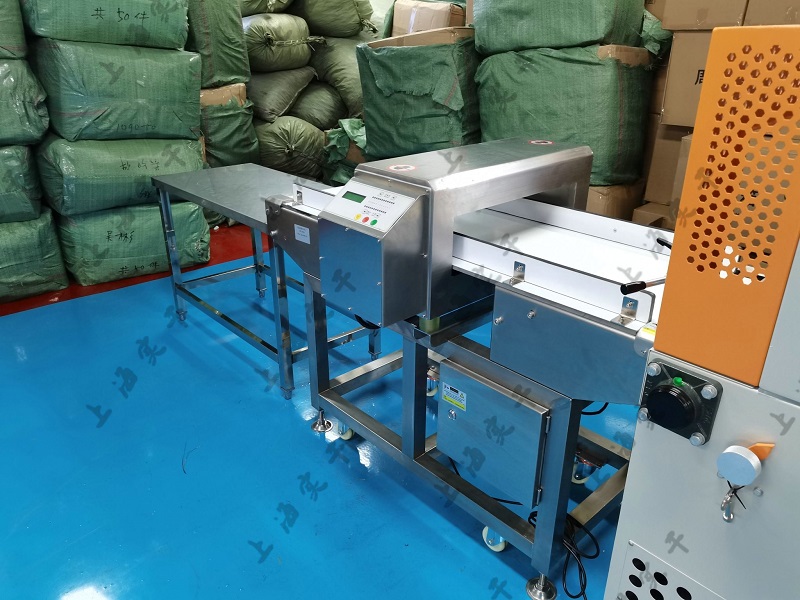The difficulty of detecting a metal with a Metal Detector can depend on various factors, including the type of metal, its size, shape, orientation, and the sensitivity settings of the metal detector. In general, non-ferrous metals such as aluminum, copper, and lead can be more challenging to detect than ferrous metals like iron and steel because they are not magnetic and do not disturb the magnetic field in the same way.

However, modern metal detectors are capable of detecting a wide range of metals, including non-ferrous metals, by using advanced signal processing techniques and multi-frequency operation.These detectors can differentiate between different types of metals and provide accurate detection even in challenging environments.

In summary, while non-ferrous metals can be more challenging to detect than ferrous metals, modern metal detectors are capable of detecting a wide range of metals with high sensitivity and accuracy.
Hot Labels
Checkweigher and Metal Detector Combo
Food Metal Detector
Industrial Metal Detector
Pharmaceutical Metal Detector
Vertical Metal Detector
Convenient Checkweigher